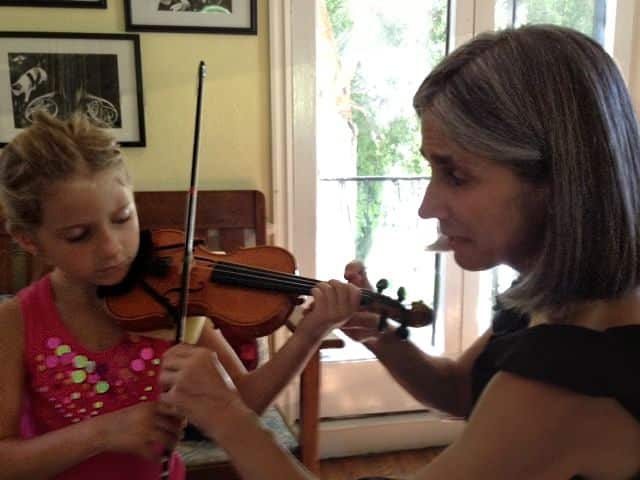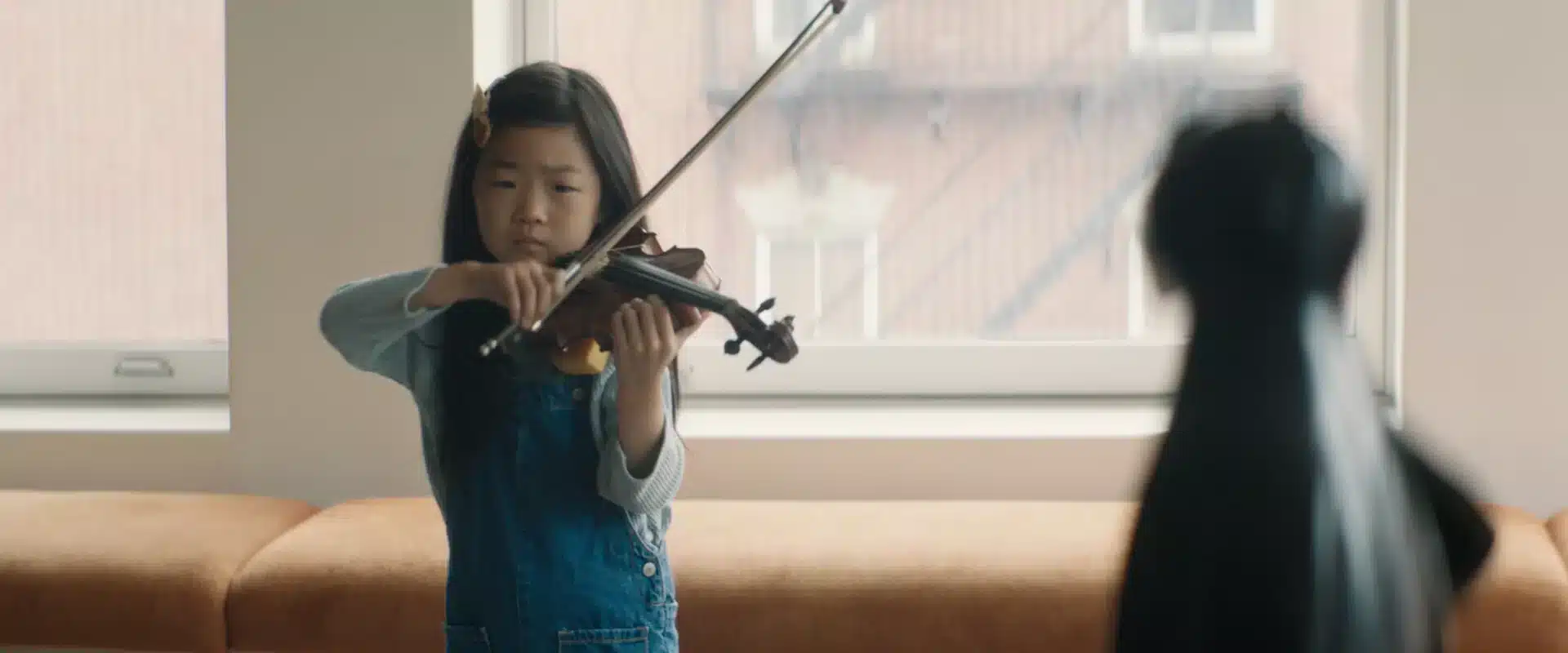A squirm at the opera
mainDuke Bluebeard’s Castle was never one for the squeamish, but English National Opera’s production tips Bela Bartok’s masterpiece into an abyss of atrocity. Originally staged during the First World War, it retells the fable of a Transylvanian count who keeps his wives in a dungeon as a Freudian parable of female sexual curiosity and impotent male vengeance.
With only two singers on stage, the orchestra gets many of the best lines and an hour can pass very quickly in a live concert performance, as Valery Gergiev demonstrated earlier this year with the London Symphony Orchestra (released and downloadable on LSO Live). Any opera production risks overstating the obvious, but ENO’s commitment to contemporary ideas promised a venture into a post-Freudian landscape, at once tantalising and repellent.
Daniel Kramer, the young American director who added ten degrees of chill to Harrison Birtwistle’s Punch and Judy at the Young Vic, places Bluebeard in a world of sexual abduction and child abuse – the world of Fred and Rose West who buried victims in the foundations of their Gloucester home, of the Belgian paedophile rings and, most explicitly, in the warped world of Josef Fritzl, the Austrian building materials salesman who raped his daughter and kept her family imprisoned in the basement of his Amstetten home.
Kramer’s references to these monstrosities are visually unmistakable and by no means unenlightening. Much of what Freud perceived as infant sexual fantasies concealed dreadful realities of child rape. Bartok’s deep score lends itself to exposing the unmentionable and the seven doors that Judith opens before she is prepared to have sex with the Duke are an escalating scale of musical horror, unsparingly revealed.
But in order for the audience to be involved, there has to be a credible obssessive relationship between Judith and the Duke. Kramer obviates that connection by depicting the Duke (Clive Bayly) as an unreconstructed aristocrat with erectile dysfunction issues and Judith (Michaela Martens) as a nympho vamp who reads too many tabloids. Both sing with lustrous vehemence, but they are working against the stereotypes of a director who has not quite got the psychological measure of the piece.
What ought to be a moment of heart-stopping horror – a bridal night evisceration – deteriorates into rank bad taste as Bluebeard/Fritzl’s little rape children gather around the scene. The misjudgement is evident in the sound of spectators shifting in their seats all around the theatre, and in their glazed expressions in the interval lobby.
That scene will have to be reconsidered in any future revival, along with Bluebeard’s stuttering strut and Judith’s somnabulist nightgown. Few of the director’s devices added much to the plot. It was the orchestra, under music director Edward Gardner, that claimed the biggest kudos.





Comments